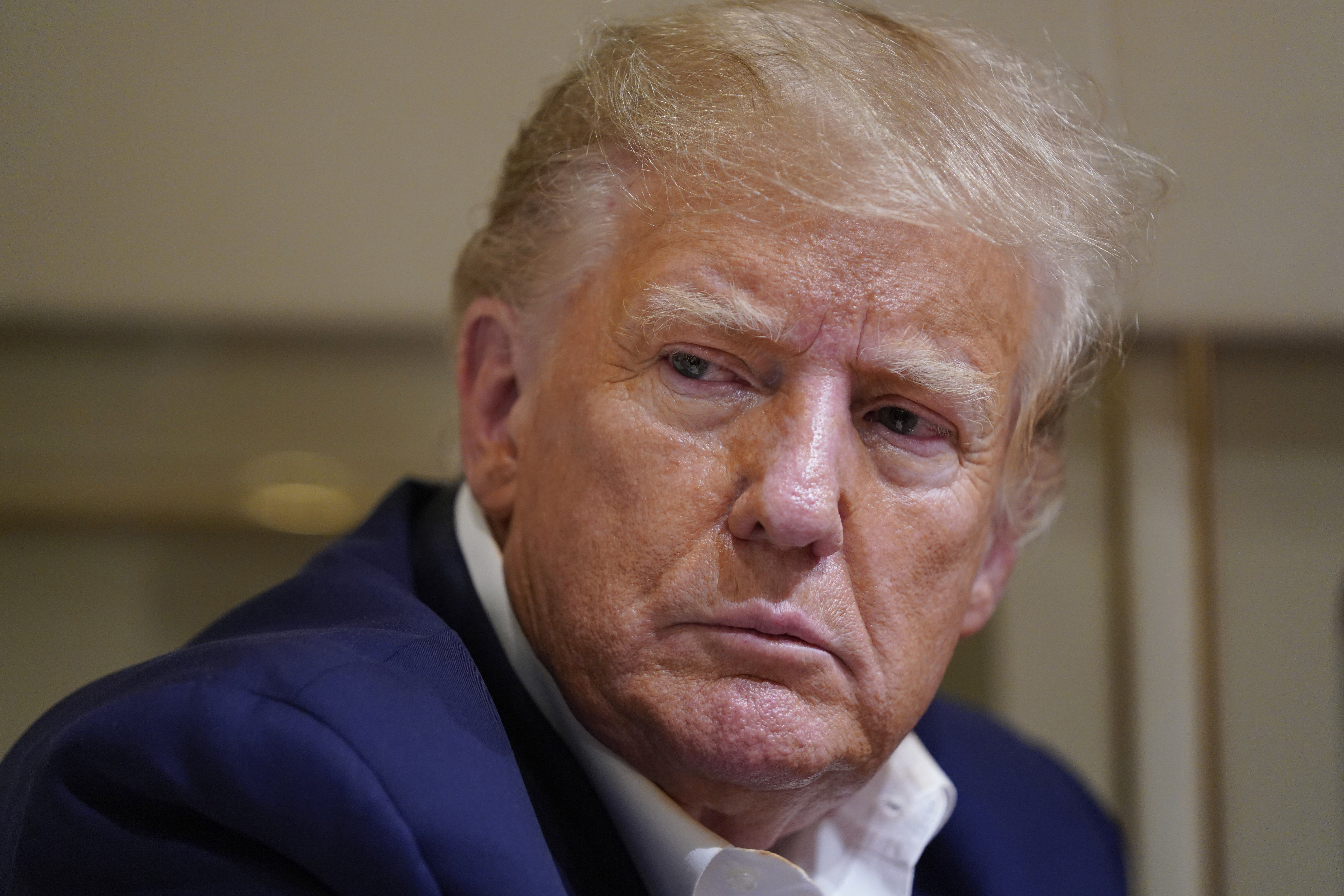
The fight over whether former President Donald Trump will appear on Massachusetts' primary ballots is dragging on, with a group of people who've filed objections on constitutional grounds appealing to the state's highest court.
Earlier this week, the Massachusetts State Ballot Law Commission dismissed two challenges to Trump's eligibility on the ballot for the March election on the grounds that the objectors, who included former Boston Mayor Kim Janey, didn't have standing. That cleared the way for Trump's name to appear.
WATCH ANYTIME FOR FREE
Stream NBC10 Boston news for free, 24/7, wherever you are. |
The appeal, filed Tuesday, requests that the Supreme Judicial Court declare Trump is ineligible to appear on the primary ballot itself or declare that the commission is the right body to consider the objections.
The court ordered responses from the commission, Trump, the state Republican Party and Massachusetts Secretary of State William Galvin by Thursday at 4 p.m., according to a filing.
Get updates on what's happening in Boston to your inbox. Sign up for our News Headlines newsletter.
The ballot commission spent much of a recent hearing focused on whether it had jurisdiction to keep Trump off the ballot based on the objections, which said the former president can't be on the ballot because the 14th Amendment of the U.S. Constitution bars people who "engaged in insurrection" from holding federal office.
At that hearing, Trump attorney Marc Salinas argued that the objectors' argument is based on the process for a candidate being placed on the ballot via nomination or nomination papers, whereas Trump was placed on the ballot at the request of Massachusetts Republican Party, which also filed to dismiss the objections.
"There is nothing in the case law or the statutes … that says qualification to be on the ballot is a precondition to appear on the ballot," Salinas said, suggesting that even a 12-year-old could be named on the ballot, despite not being able to serve in the role.
Monday's ruling found that the commission doesn't have the right to adjudicate that question.
The 14th Amendment was cited by Colorado's top court and Maine's secretary of state in barring Trump from their state's ballots for the primaries. Trump has appealed to the U.S. Supreme Court.



